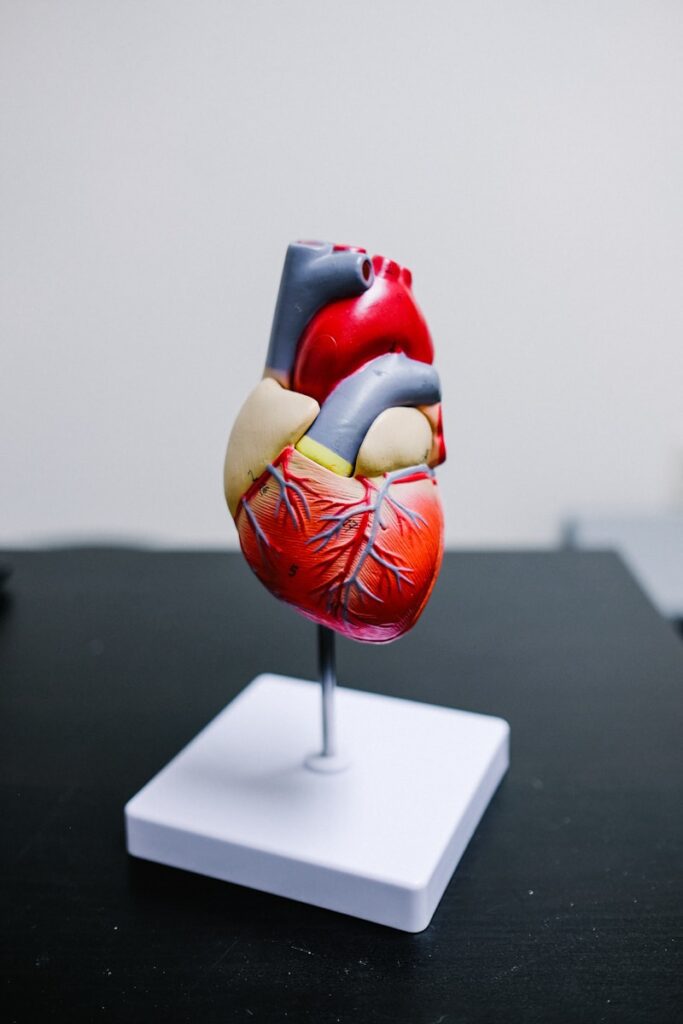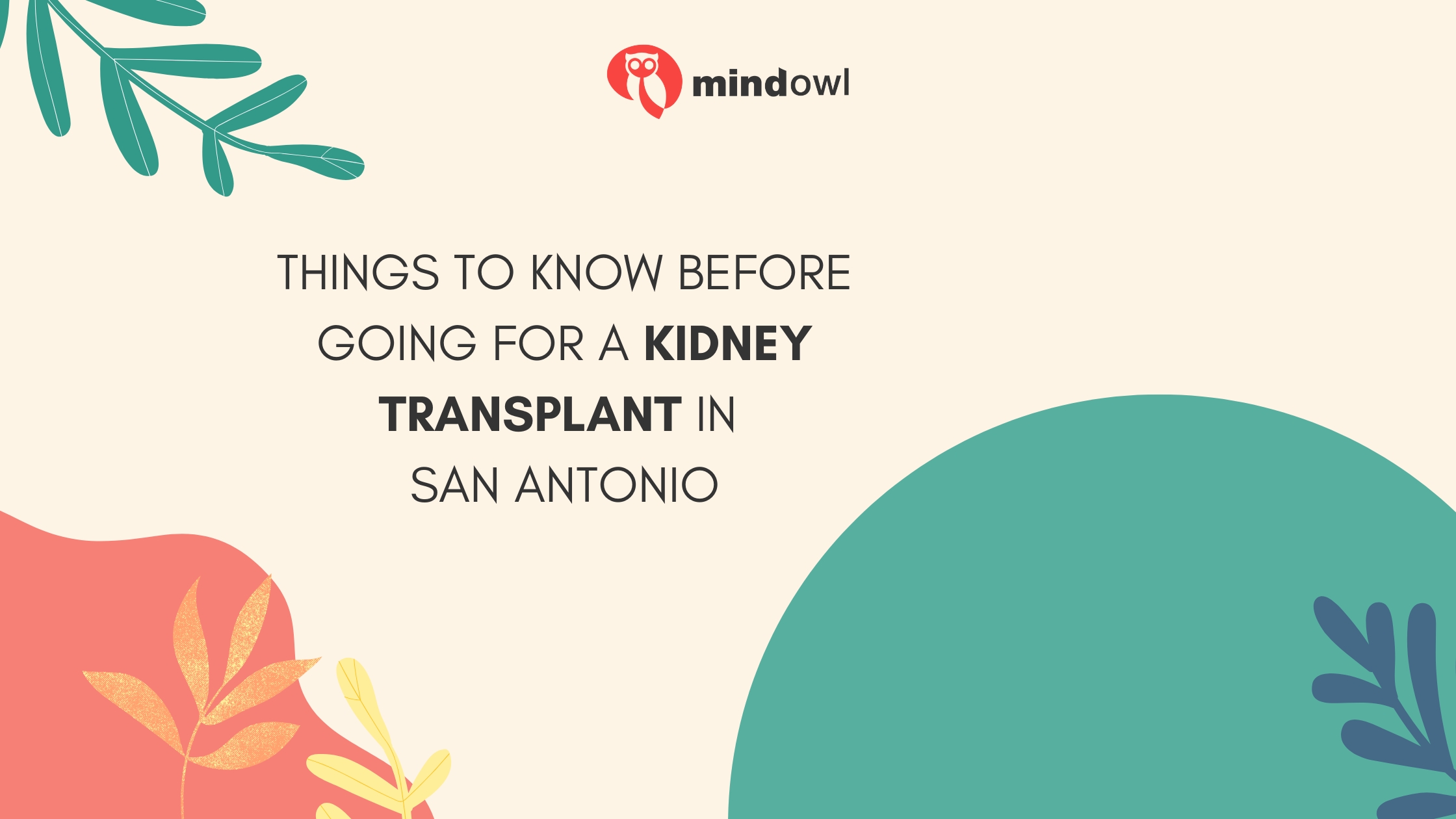A kidney transplant is often considered the best treatment option for people with end-stage kidney disease or severe chronic kidney disease (CKD). Unlike dialysis, which only manages symptoms, a kidney transplant can significantly improve quality of life by restoring kidney function. However, the process involves careful preparation, evaluation, and lifelong commitment. If you are considering a kidney transplant San Antonio, here are some important things you should know before moving forward.
1. Understanding Eligibility for a Kidney Transplant
Not everyone with kidney disease automatically qualifies for a transplant. You’ll need to undergo a thorough medical evaluation at a San Antonio transplant center. This evaluation typically includes:
- Blood tests and imaging scans to check overall health.
- Heart and lung evaluations to ensure you can handle surgery.
- A review of other medical conditions, such as diabetes, high blood pressure, or infections.
- Psychological assessments to evaluate mental preparedness.
Your eligibility will also depend on your ability to follow medical advice and take lifelong medications after the surgery.
2. Finding a Donor Match
kidney transplant San Antonio require a donor organ that matches your blood type and tissue type. There are two main sources of kidneys:
Living donors – Often family members or close friends who are a biological match. Living donor transplants usually have shorter wait times and better long-term outcomes.
Deceased donors – Kidneys donated by individuals who have passed away. These are matched through the national transplant waiting list.
San Antonio transplant centers will guide you through the donor matching process and help you understand your options.
3. Preparing for the Waiting List
If you don’t have a living donor, you will be placed on the national kidney transplant waiting list. The wait time can vary depending on your health, blood type, and organ availability. While waiting, it’s important to:
- Continue dialysis treatments, if prescribed.
- Attend regular check-ups with your kidney specialist.
- Maintain a healthy lifestyle with proper diet and exercise.
Stay reachable—transplant centers must be able to contact you immediately when a kidney becomes available.
4. The Surgery and Recovery Process
A kidney transplant surgery typically takes 3–4 hours. During the procedure, the donated kidney is placed in your lower abdomen, and your existing kidneys are usually left in place unless they are causing complications.
Recovery involves:
- A hospital stay of about one to two weeks.
- Frequent follow-up appointments to monitor kidney function.
- Adjusting to immunosuppressant medications to prevent organ rejection.
San Antonio transplant hospitals provide specialized post-surgery care to help patients transition smoothly into recovery.

5. The Role of Medications After Transplant
One of the most critical aspects of kidney transplant success is taking prescribed medications for life. These include:
- Immunosuppressants to prevent your body from rejecting the new kidney.
- Medications to manage blood pressure, cholesterol, and diabetes if needed.
- Antibiotics or antifungal medicines in some cases, to reduce infection risk.
- Skipping or stopping medications can lead to organ rejection, making adherence absolutely essential.
6. Lifestyle Changes and Long-Term Care
A kidney transplant is not a “cure” but a treatment that requires lifelong care. After surgery, you’ll need to:
- Stick to a healthy diet recommended by your doctor or dietitian.
- Avoid smoking and limit alcohol consumption.
- Exercise regularly to maintain overall health.
- Attend all follow-up appointments at your San Antonio transplant center.
With proper care, transplanted kidneys can function well for many years, giving patients a much-improved quality of life.
Final Thoughts
A kidney transplant in San Antonio offers hope and a fresh start for those living with severe kidney disease. By understanding the eligibility process, preparing for surgery, committing to lifelong medication, and embracing healthy lifestyle changes, you can maximize your chances of a successful outcome. With the guidance of experienced transplant teams in San Antonio, many patients go on to live healthier, more fulfilling lives after transplant.
Our own struggles in life have led us to this path of understanding the human condition. United by a shared curiosity for the mind and what it means to be human, we’ve each walked a journey shaped by personal challenges and a deep interest in helping others grow. Over the last eight years, our work has centred on exploring how meditative practices meet modern approaches to psychological wellbeing.

